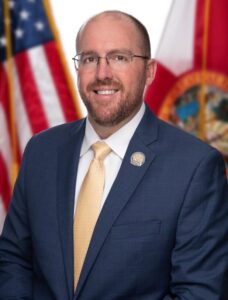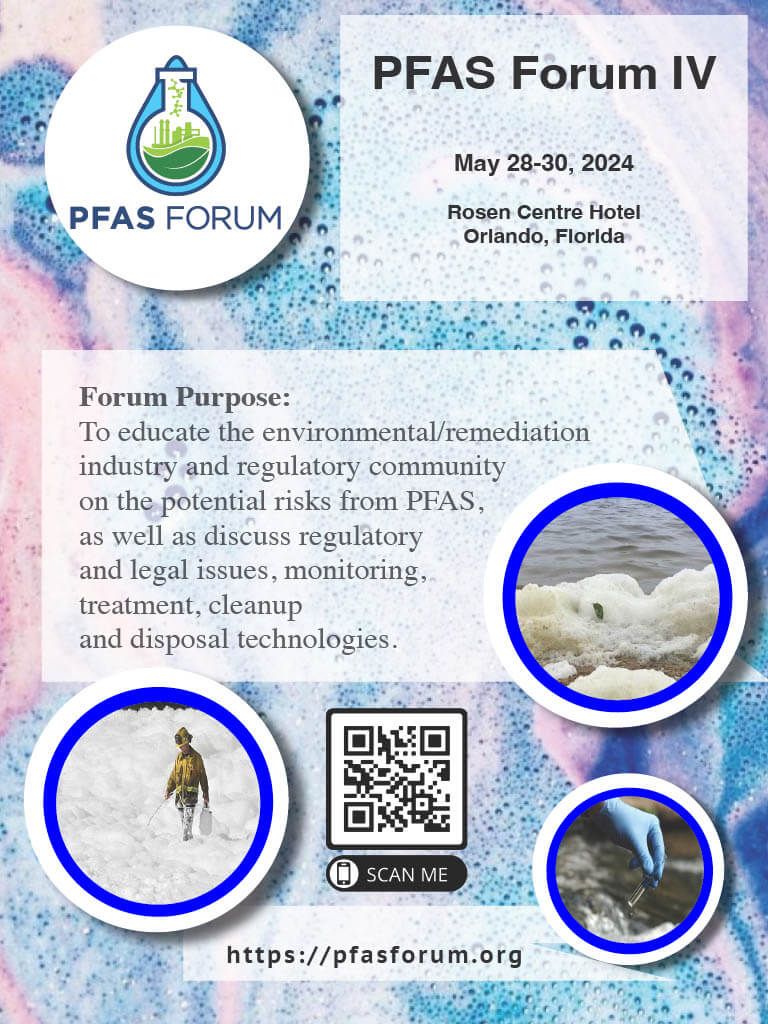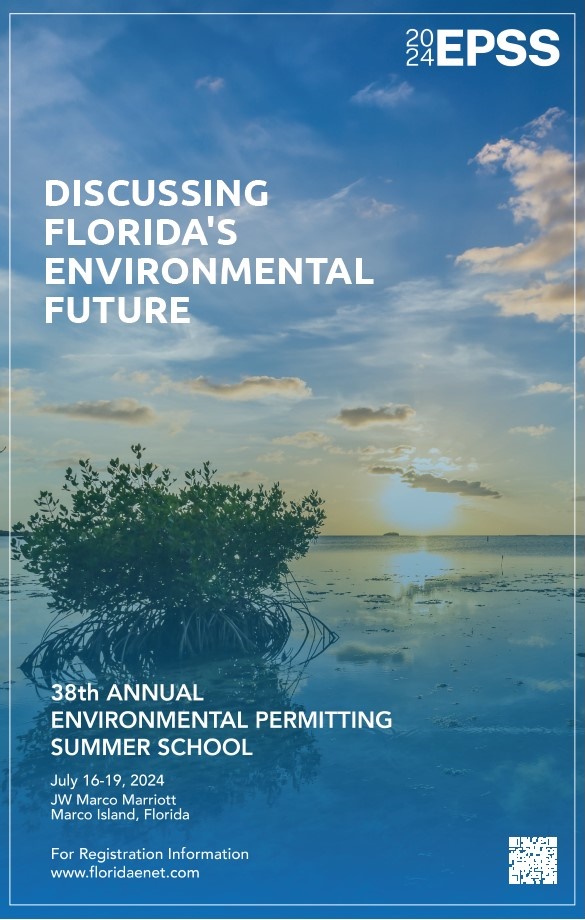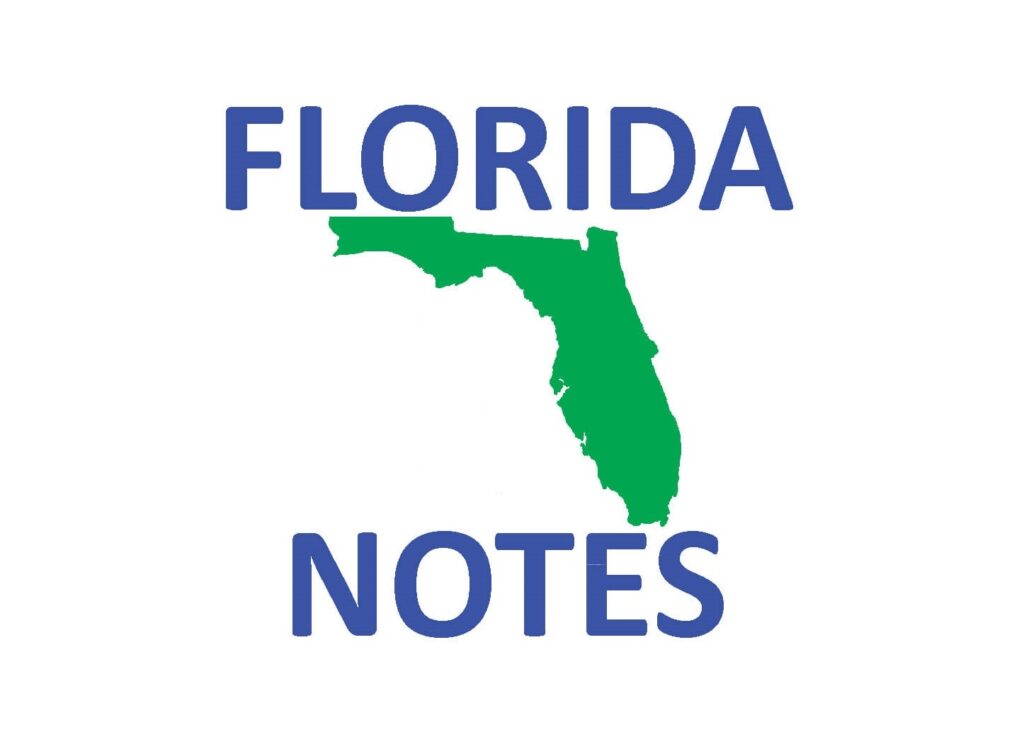
By Jared W. Perdue
Within their first month in office, the Biden Administration committed all federal agencies to fight the supposed “climate crisis” by aligning their policies with elements of the Paris Agreement and Green New Deal. Congressional Democrats swiftly followed suit — applauding announcements by the Administration to commit U.S. taxpayer money included in the so-called “Inflation Reduction” and “Infrastructure Investment” & Jobs Acts (IRA and IIJA respectively) to force a climate transition. The actions of the Biden Administration mirror the continued corporate activism that’s been injected down Wall Street through the ESG movement.
While Florida has led the nation in combatting the proliferation of ESG within the financial sector, a new fight has emerged, this time within the federal bureaucracy and along our roadways. Recently, state transportation departments have seen a swift uptick in the politicization of infrastructure investments by the Biden Administration. Rather than focusing on road projects to reduce congestion, the U.S. Department of Transportation (USDOT) is focused on social and environmental justice —neither of which supports the efficient movement of people or our supply chain.
Florida is home to the 14th largest economy in the world and fortunately has the means necessary to fight back against this overreach. So much so that only 25 percent of transportation funds in Florida come from the federal government, and Florida has committed over $64 billion to infrastructure improvements over the next 5 years. This is because of the leadership of Governor DeSantis and the commitment of the Florida Legislature in recognizing that every dollar invested in transportation infrastructure results in up to a $4 return to Florida residents and businesses.
Recently, climate activists have scrutinized my decision for FDOT to not participate in the IIJA’s “Carbon Reduction” program—a program requiring states to submit “strategies” to reduce carbon emissions throughout our nation’s transportation infrastructure, specifically by tracking and reducing emissions from vehicles. How would states be measured you ask? That’s a great question.
As I stated in my recent letter to USDOT, Florida will not participate in programs for which the rules are deliberately arbitrary. Oddly, this is the part most news outlets are not reporting – the “guidance” USDOT promised states for over a year related to this program was never provided. Ultimately, states were forced to put strategies on paper, submit them without proper guidance, and hope they wouldn’t be retroactively punished for not meeting whatever metric USDOT dreamt up after the fact.
Days after these “strategies” were due to USDOT, the department issued a final Greenhouse Gas (GHG) Emissions Rule, a rule entirely separate from the carbon reduction program that requires states to set arbitrary CO2 emissions reduction, to track their progress towards said targets, and track their performance. This rule is excessively burdensome on states, expensive to implement, and lacks guidance on what’s considered successful — another clear overreach by the federal government.
The intent of the GHG Emissions Rule was explicitly excluded by Congress during their consideration of the IIJA legislation. Florida has the best air quality on record and consistently commits to projects that protect our natural resources, including protecting our water quality and restoring the Everglades. We’ve prioritized programs to harden our infrastructure to ensure their continued resiliency for decades to come.
Thanks to the leadership of Governor DeSantis and Attorney General Ashley Moody, Florida is proud to join 21 other states in filing a federal lawsuit challenging this rule.
The Biden Administration is unilaterally injecting policies into all aspects of American life that are not supported by science or even the letter of the law, the primary objective being absolute control. Initially, they wanted states to simply acknowledge carbon reduction as a necessary goal. This seemingly passive suggestion then transformed into an edict that states must reduce and track CO2 emissions. It is abundantly clear this Administration wants to create a regulatory environment that robs individuals of the liberty to decide what, when, and where they can drive.
The Free State of Florida values freedom, both in how you travel, what you drive, and what fuels your vehicle. Florida continuously strives to lead in infrastructure policy and development. Our state inherently values “fuel freedom” and uses its range of resources to lead the nation in transportation.
Governor DeSantis has been clear that he stands for individuals’ freedoms and that government should create the framework for people to succeed, not tell them how to succeed. These policies – and especially the GHG rule – are perversive towards the actual mission of many DOTs across the country, which is to move people and goods safely and efficiently, not to track, report, and reduce CO2 emissions.
Thankfully, FDOT anticipated this latest example of executive overreach and had the foresight to opt out of legitimizing it. Environmental protection and stewardship is a fundamental priority within every single one of our projects. Florida’s economy is booming, its transportation networks are rapidly advancing, and all the while its natural environment continues to flourish. This is due to the leadership of Floridians, not globalist ideologues whose only familiarity with our state is from their dreams of a better life.
* * *
This column originally was published at dailywire.com and runs with permission from FDOT Jared W. Perdue, P.E., is the Secretary of the Florida Department of Transportation (FDOT). Follow him @FDOT_Secretary



























